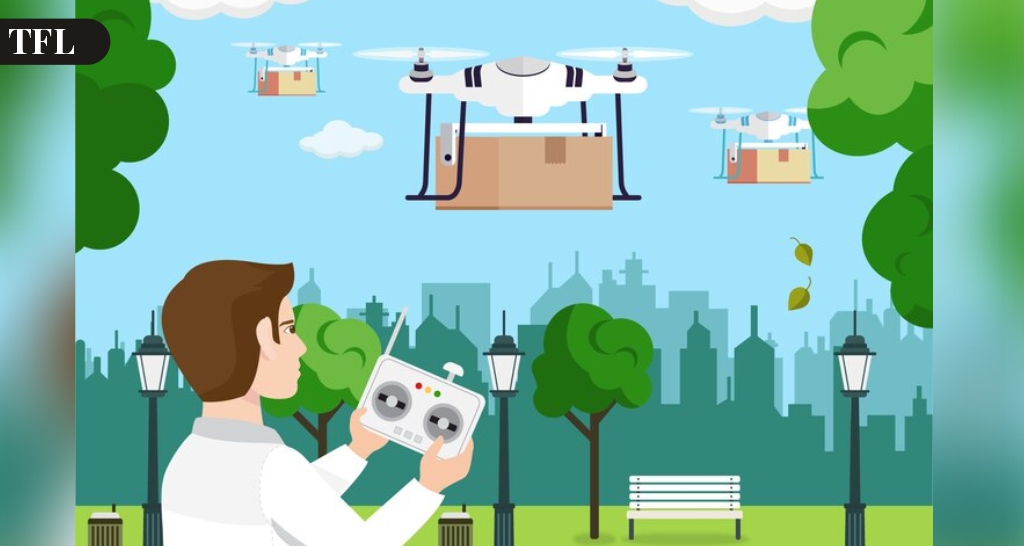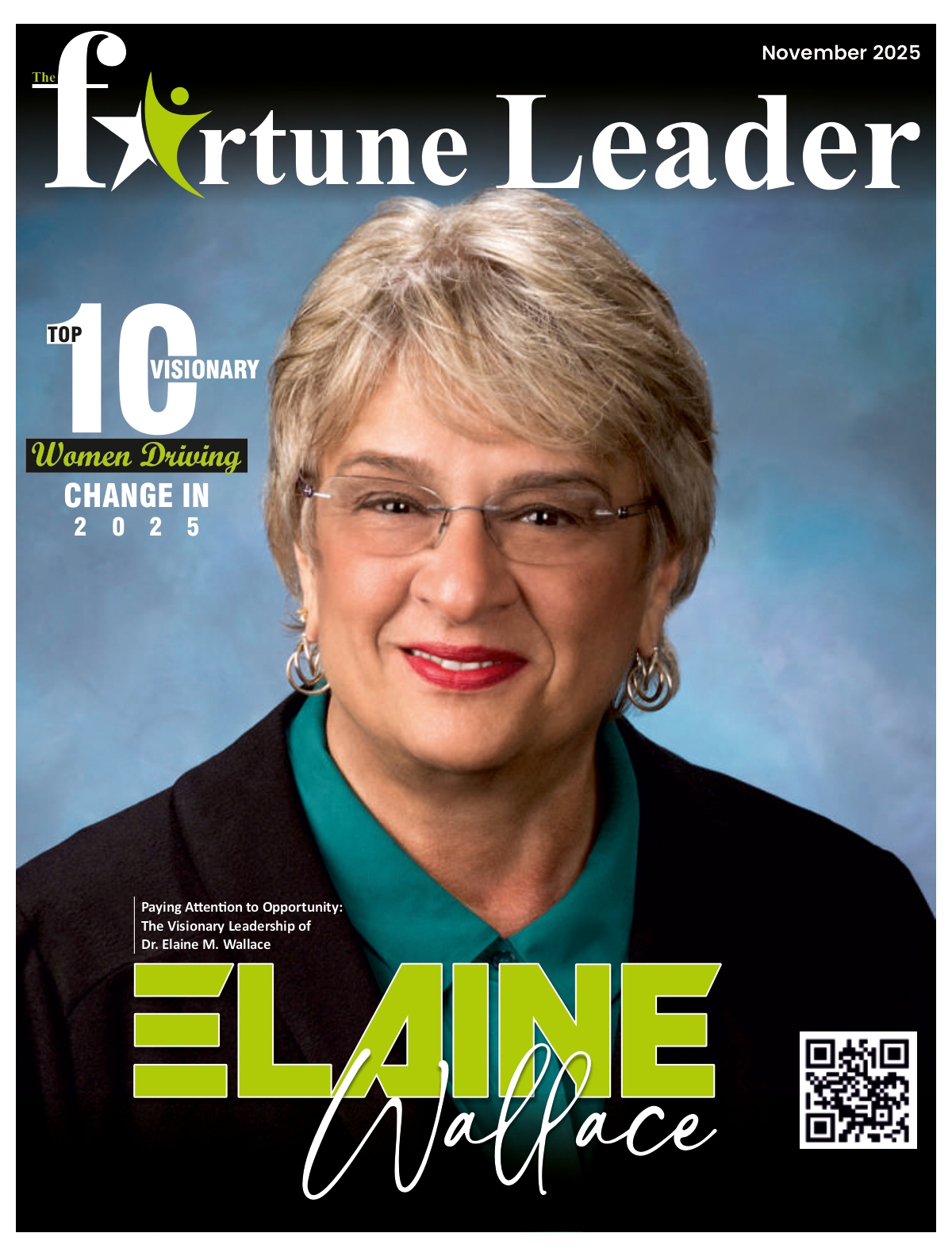As advancements in drone technology continue, competition within the drone-delivery sector is intensifying. A notable contender in this arena is Zipline, a startup dedicated to transforming delivery services using unmanned aerial vehicles (UAVs). Although Amazon’s Prime Air has traditionally represented the aspirations of drone delivery, Zipline is now elevating its efforts, presenting a distinctive strategy and an ambitious vision that directly challenges the e-commerce leader’s aerial initiatives.
Zipline, established in 2014 with the mission of delivering medical supplies to inaccessible regions, has demonstrated its capacity for efficient and dependable deliveries. The organization has successfully completed millions of deliveries, predominantly in various African nations, where it significantly contributes to saving lives by transporting blood, vaccines, and other critical medical supplies to isolated locations. Its remarkable achievements in this field have solidified Zipline’s status as a frontrunner in the logistics and drone sectors.
Zipline’s approach differs markedly from Amazon’s emphasis on transporting consumer products from warehouses to urban residences. Instead, Zipline specializes in the essential delivery of high-value or time-sensitive goods to underserved and frequently remote areas. This specialization provides Zipline with a distinct competitive advantage in the market, as the company operates in regions where conventional delivery methods are either slow, expensive, or unfeasible.
Zipline is currently seeking to extend its operations and venture into the wider realm of e-commerce delivery. The company has recently revealed its collaboration with larger corporations and various government entities to facilitate the delivery of a more diverse array of products. Although Amazon has been advancing rapidly with its drone delivery initiatives, Zipline’s initial achievements and specialized knowledge have established it as a strong contender in the market.
Amazon has placed significant emphasis on the development of Prime Air as a key component of its strategy to reduce delivery times, especially for smaller packages. The company has invested billions of dollars in refining drone technology, with the aspiration of delivering products within hours, or even minutes, of the time of purchase. However, Zipline’s expertise in operating a large-scale drone network in demanding environments provides it with a notable edge in logistics and operational efficiency.
In the years ahead, the competition in drone delivery is expected to escalate significantly. However, Zipline’s robust expertise in medical and humanitarian logistics could provide it with a competitive advantage in contesting Amazon’s bold aspirations for drone technology. As both organizations strive for increased innovation, it is evident that the airspace will soon become considerably more congested.












